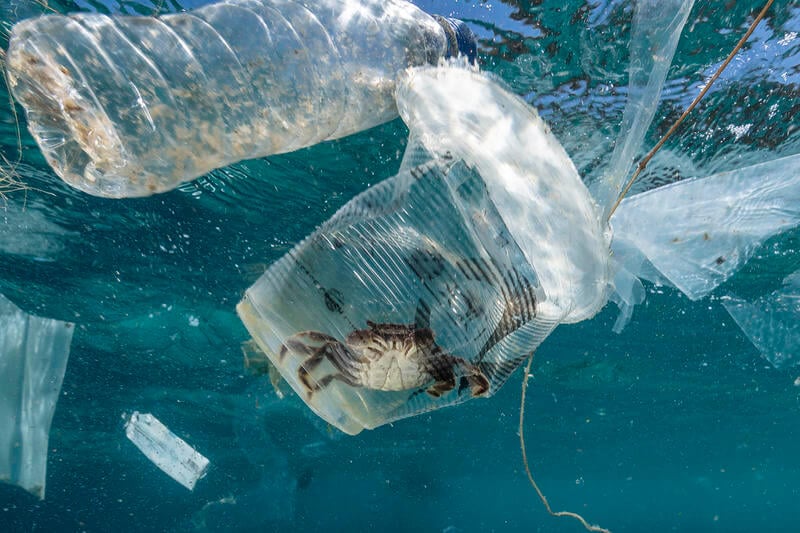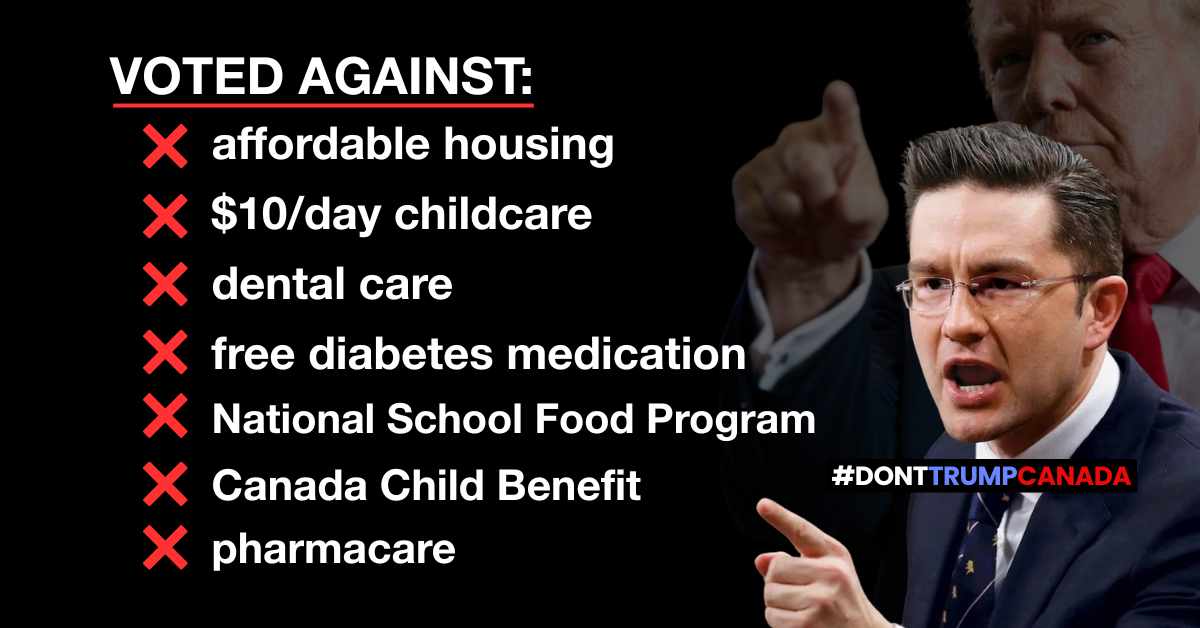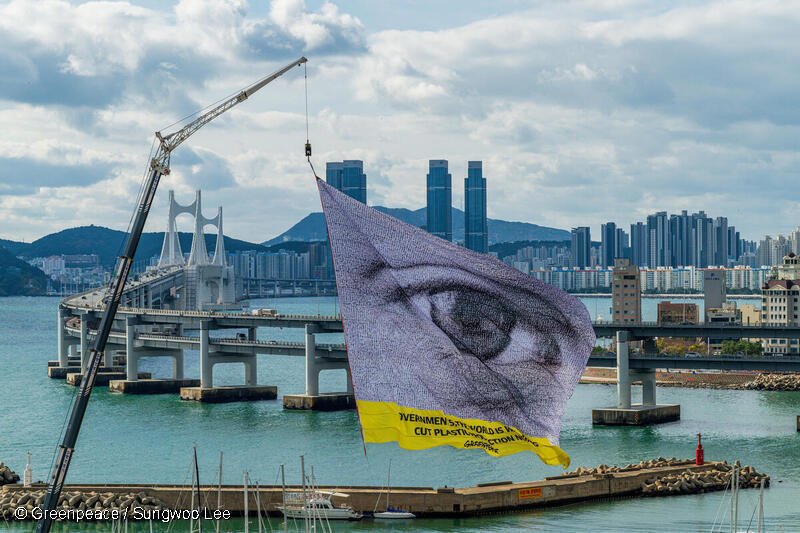Plastic Free July is underway, and what better time than now to review some key actions you can take to help accelerate our transition to a plastic-free future.
Did you know that if business as usual is able to continue, plastic production could triple by 2050? TRIPLE! But since plastic production to date has already caused a total planetary pollution disaster, we need to draw a line in the microplastic-filled sand to say – it’s time to end the age of plastic! Scientific studies (and our own eyes) have revealed that plastic is everywhere. Inside our bodies, on the tallest mountain, in remote lakes, on uninhabited islands, and in the air we breathe. I’m sitting on it right now as I write this blog. From office chairs to clothing, stuffed animals to tea bags, seedling pots to granola bar wrappers, personal care products to pens, a personal plastic-free challenge may be a lost cause for most of us but there sure are lots of plastic villains to be challenging.
Environmental Defence, Animal Justice and concerned advocates rallied outside the Federal Court in Toronto to support strong action against plastic pollution and to #StopBigPlastic. Credit: Environmental Defence
Big Plastic
Relentlessly up to no good, Big Plastic, which consists of petrochemical and plastic-producing companies, will stop at nothing to block government action to curb plastic pollution. In Canada it has filed not 1 but 2 lawsuits against the federal government to try to stop the single-use plastics ban, has a full marketing campaign spreading a false narrative that plastic is the bee’s knees. Greenpeace research revealed that it has ramped up its lobbying efforts coinciding with the Global Plastics Treaty negotiations and federal action plans. Meanwhile, it continues to threaten the health of people and the planet, most recently on unceded Aamjiwnaang territory when INEOS Styrolution released a known carcinogen, benzene, into the community (again) causing a state of emergency. 10/10 on the plastic villain scale.
Consumer goods brands
Fast-moving consumer goods companies (FMCGs) like Coca-Cola, Nestle and Unilever, and various other popular brands have been found to be some of the world’s top plastic polluters in global clean-up and brand audits. Last year, Greenpeace UK exposed Unilever-owned Dove brand for their contribution to the plastic pollution crisis, particularly in the so-called Global South. Unilever sells 1700 polluting, single-use plastic sachets every single second. Dove says it cares about ‘Real Beauty’, but there is no beauty in a brand that poisons our planet and threatens the health of our communities. Already over 140,000 people have signed a letter to Dove demanding they commit to stop the sale of sachets by the end of 2025; phase out all single-use plastics within ten years; and become a true force for good by advocating for these goals at the UN Global Plastics Treaty. While Unilever and some other brands have made loose sustainability commitments, their real world impact remains horrendous. 9.5/10 on the plastic villain scale.
As part of the Reuse Revolution Global Refill Week of action, Greenpeace Canada volunteers placed cards on supermarket shelves to demand unpackaged and bulk options, and more products offered in reusable packaging. Credit: Greenpeace
Supermarkets
Way back in January 2019, Greenpeace launched a petition calling on Canada’s largest supermarket chains to address their massive plastic footprint by phasing out single-use plastics and embracing reusable packaging and refill product delivery models. Despite exposing their role in waste colonialism, the massive call by their customers and the public to rid our shopping carts of endless unnecessary plastic, and even the recent attempt by the federal government to push the retail giants to act fast on plastic reduction, very little has changed in the supermarket aisles. A recent report by Environment Defence found that more than 70 per cent of products in the produce and baby food aisles alone are wrapped in plastic. While there are glimmers of hope for reuse to come thanks to Reusables.com partnering with retailers to offer options, plastic-free alternatives are extremely limited, and a long way from being available in all stores and communities. 9/10 on the plastic villain scale.
What YOU can do!
The list of plastic waste and pollution offenders is devastatingly long. For every company driving real reuse solutions there are countless digging in their plastic heels. Changing our broken plastic-dependent system is the way to a healthier and less polluted planet. And even though there are major forces at play working to keep us stuck in the take-make-waste extractive, exploitive economy, the movement is strong and growing globally. As the calls for change get louder, we need to ensure we’re directing them at 1. corporations that need to be held accountable for creating the plastic pollution and waste crisis in the first place, and 2. governments that can and must take bold action to accelerate the just transition to our zero waste, low carbon reality.
- Urge Canada to Support a Strong Global Plastics Treaty! We need a global solution to this global problem. Negotiations on a UN agreement to end plastic pollution are well underway with the last round of talks scheduled for later this year. The stakes are high, the potential for positive change is even higher!
- Urge Canada to support reuse-based systems and create a national reuse strategy!
- Commit to Ditch Dove! Until Dove ditches its single-use plastic sachets, it needs to know that its customers don’t support the harm it’s causing.
- Spread the news to stop Big Plastic! Learn more about how Greenpeace has joined Ecojustice and other groups to keep Canada’s plastic ban alive, and share this blog to show support for the single-use plastic ban!

If world leaders get it right, a strong Global Plastics Treaty has the potential to end the age of plastic – for good. Join the campaign now!
Take action


